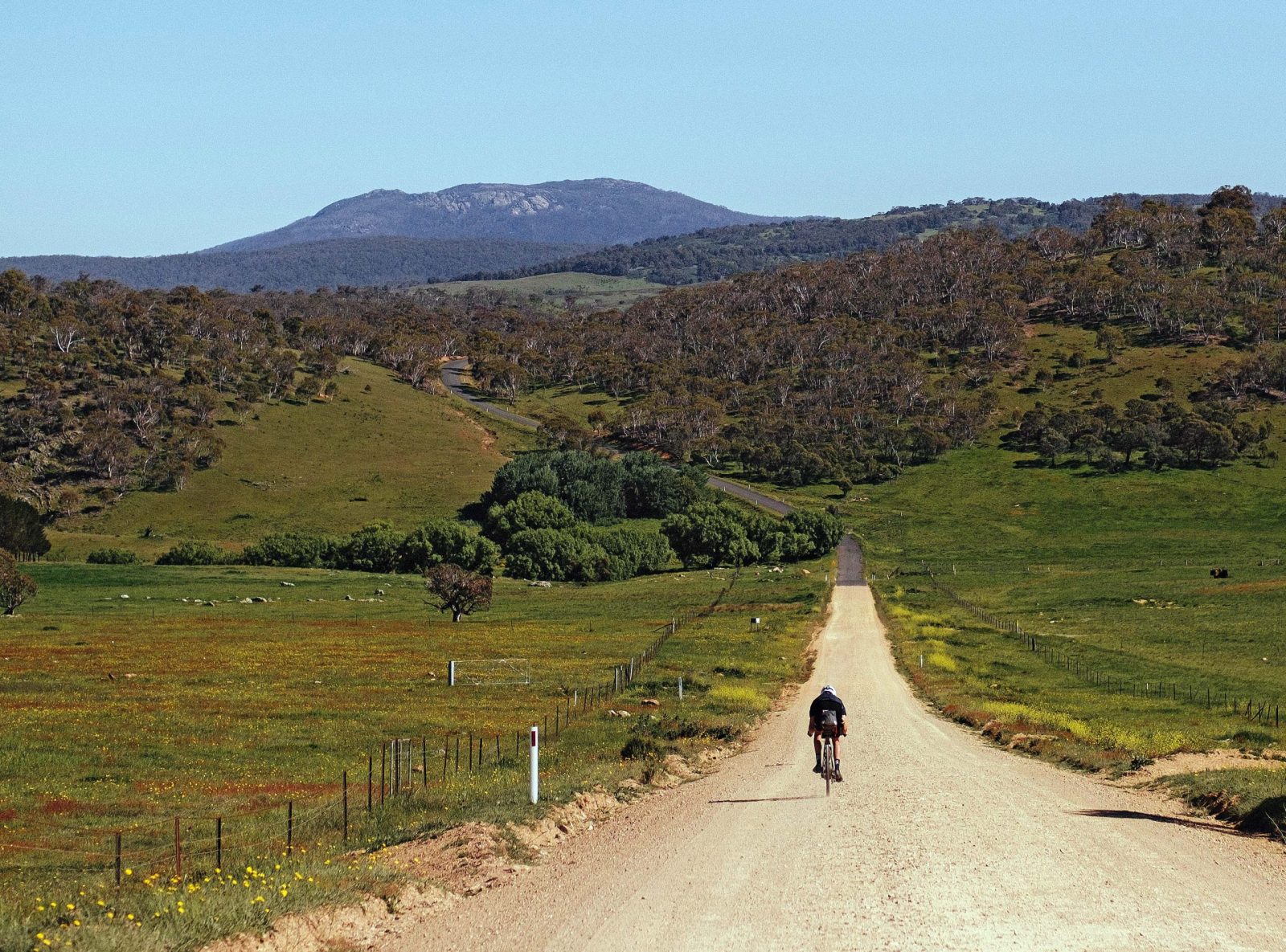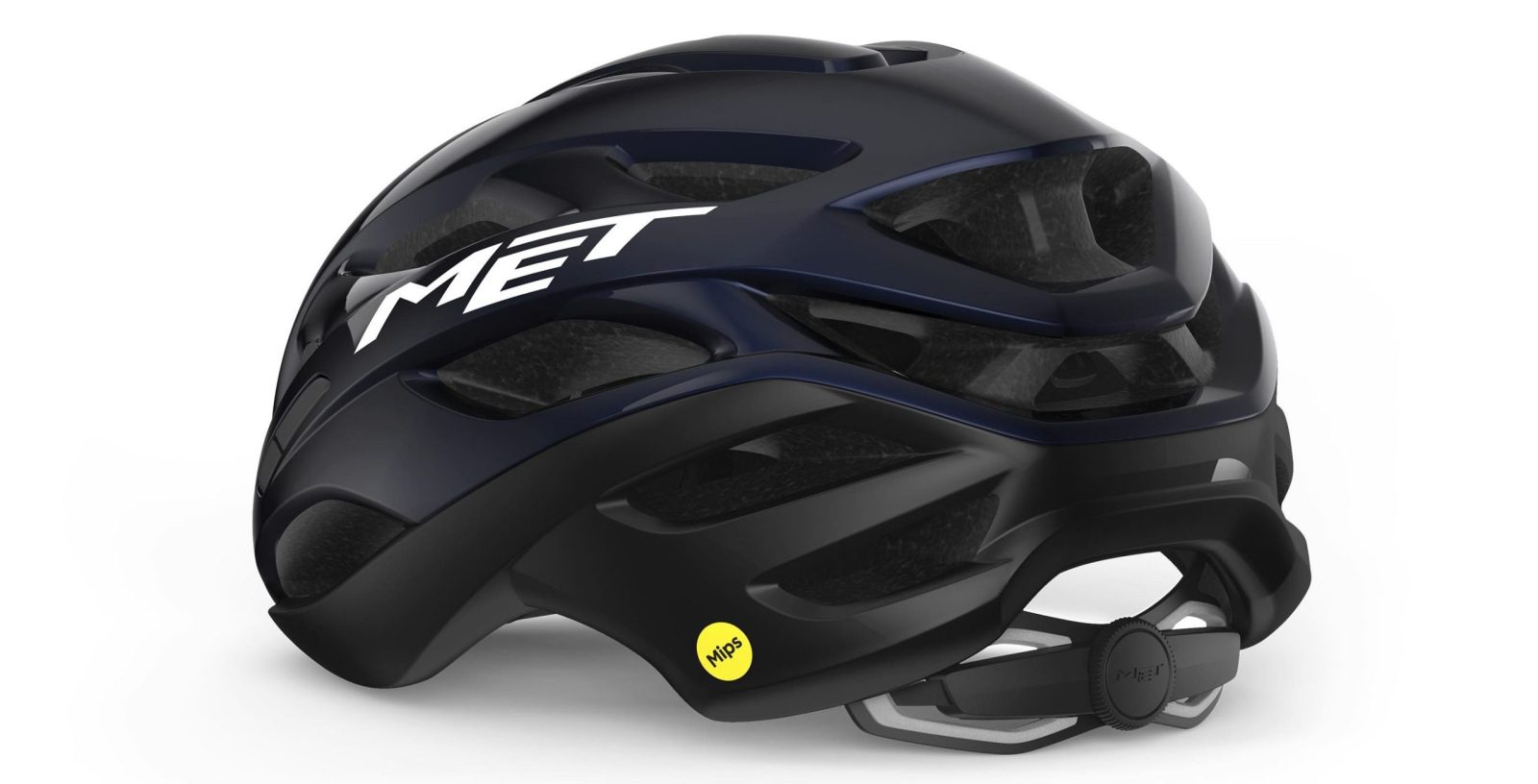We look at the performance-enhancing powers of the humble beetroot
When Apollo, the Greek god of (among other things) medicine, was presented with beetroot at his temple in Delphi, he proclaimed it to be worth its weight in silver for its healing properties. Thankfully the price has come down a bit since then and, while not quite a miracle cure, this vegetable does have many benefits for the active cyclist.
‘Beetroot, like all vegetables, is a source of many vitamins and minerals that can help both performance and recovery, as well as containing a host of phytochemicals including betalains that have antioxidant and anti-inflammatory properties,’ says performance nutritionist Drew Price. ‘Of specific interest to the cyclist, though, are the inorganic nitrates found in beetroot.’
Root of all good
‘The chemical compounds known as nitrates found in beetroot are broken down by your saliva to form nitric oxide in the body,’ says Nigel Mitchell, head of nutrition at Team Sky. ‘Nitric oxide helps with the dilation of small blood vessels, which improves oxygen transport around the body to fuel the muscles. It also helps lower blood pressure, which is good for general wellbeing even if you’re not an elite cyclist.’
‘There’s an increasing amount of research that suggests consuming beetroot can improve endurance exercise performance,’ adds Todd Leckie, elite triathlete and medical student who conducted a study on the effect of beetroot juice on exercise performance as part of his degree in Applied Exercise Physiology at the University of Brighton. ‘A research group at Exeter University developed a nitrate-depleted placebo [to test against beetroot] and discovered it was the high nitrate content in the juice that was helping performance. Research published in Medicine & Science In Sport & Exercise demonstrated an average reduction in a 10-mile time-trial time of 14 seconds among nine club-level cyclists. The nitric oxide boosts performance by improving an athlete’s efficiency – that is, a reduced energy requirement for a given work rate.’
Price says, ‘Beetroot can be of benefit in a variety of ways. As well as an improvement in time-trialling, time to exhaustion can be increased by up to 16%. Nitrate also reduces perceived effort and heart rate, and has been shown to increase the force of muscle contraction. All this adds up to improved performance. What’s helpful is that, because you can get cyclists working hard on the spot [on static bikes], a lot of the research is done using them, so it’s directly relevant to us.’

No limits
The good news is, when it comes to consuming beetroot, there isn’t really any bad news. ‘You can have it on a daily basis,’ says Mitchell. ‘There aren’t really any drawbacks.’
Price agrees: ‘It’s pretty low in calories and there’s no issue with the levels of vitamins and minerals. Beetroot can be a little tough on the taste buds and stomach but you can acclimatise to it over a few weeks.’
Perhaps the biggest issue, which could cause consternation at a urinal, is ‘beeturia’. ‘It can turn your urine pink,’ says Mitchell. ‘It can also colour your stools and make it look as if you’re pooing blood. It’s not dangerous – people just need to be aware that this can happen.’
If you believe some of the more radical news stories, beetroot is a ‘superfood’ that will not only help you win the Tour de France but will also help you live until you’re 100. Unfortunately the reality doesn’t quite live up to this.
‘Like almost all veg, beetroots are healthy but the “superfood” label is more a marketing tool than anything else,’ says Price. ‘Sure, the nitric oxide has clear health implications and the phytochemicals likewise, but it’s just a small part of the big picture of diet and lifestyle and probably isn’t going to turn you into Superman.’
And it may not work for you at all. ‘The research is equivocal and it would appear that some people do not respond to beetroot juice while others do,’ says Leckie.
Get your juices flowing
The most common type of beetroot is, like John Prescott, round and purple. And like the former deputy PM, it’s not something you can carry around with you on a ride. So what’s the best way of consuming it?
‘As a juice,’ says Leckie. ‘You need at least 250g – although probably closer to 500g – to get an effect, so juice is much more user-friendly.’
Mitchell also recommends adding it to meals to supplement your intake. ‘It’s great shredded in salad with carrot, mozzarella and spring onion,’ he says. ‘I also add it to risotto with quark, which is an excellent low-fat cheese alternative, and spinach for some great flavours. And when juicing, it goes really well with two carrots, cucumber and half an inch of ginger.’
‘Taste is subjective but citrus fruits may help mask the flavour a little,’ Price adds. ‘Celery and spinach are also good because they provide more nitrates.’
Timing is also important. ‘The saliva breaking down the nitrate is a complicated process,’ says Mitchell. ‘It’s best to have the juice two or three hours before a ride to get any benefit.’
‘There’s also evidence that a loading strategy works, but probably only three to four days prior to a race,’ Leckie says. ‘In the past I’ve heard of athletes racing with beetroot juice in their drinks bottles, but that’s definitely unnecessary for shorter races, especially now that you can get nitrate-infused gels that are a lot more palatable. There are several companies that put 70ml of concentrated beetroot juice or nitrate itself into energy gels.’ These include SiS and Zipvit, as well as Beet It, which offers 0.4g of nitrate per shot or bar.
‘This is the maximum intake of natural nitrate in the smallest volume of liquid,’ says Andy Jones, a sports scientist at Exeter University who has led its research into beetroot. ‘We found a big reduction in the oxygen cost of exercise and our subjects were able to go significantly longer at high intensity. Natural dietary nitrate is one of the sports nutrition stories of the decade.’
However you take it, there is one thing about which Mitchell is clear: ‘It’s just a bloody good veg.’ Apollo would raise a glass of beetroot juice to that


